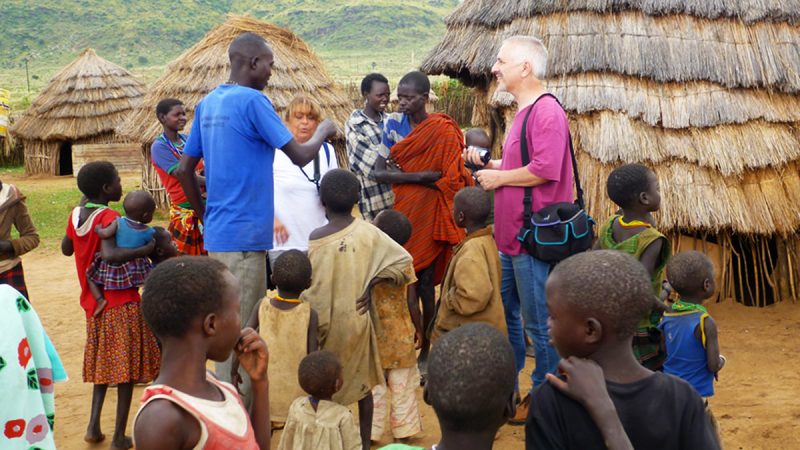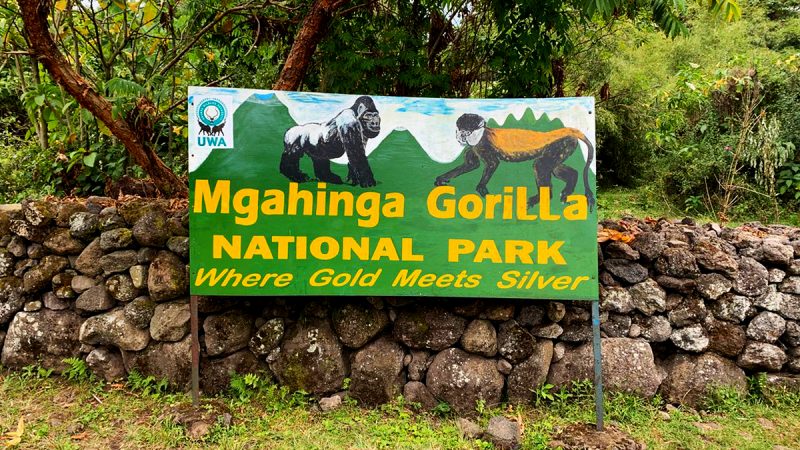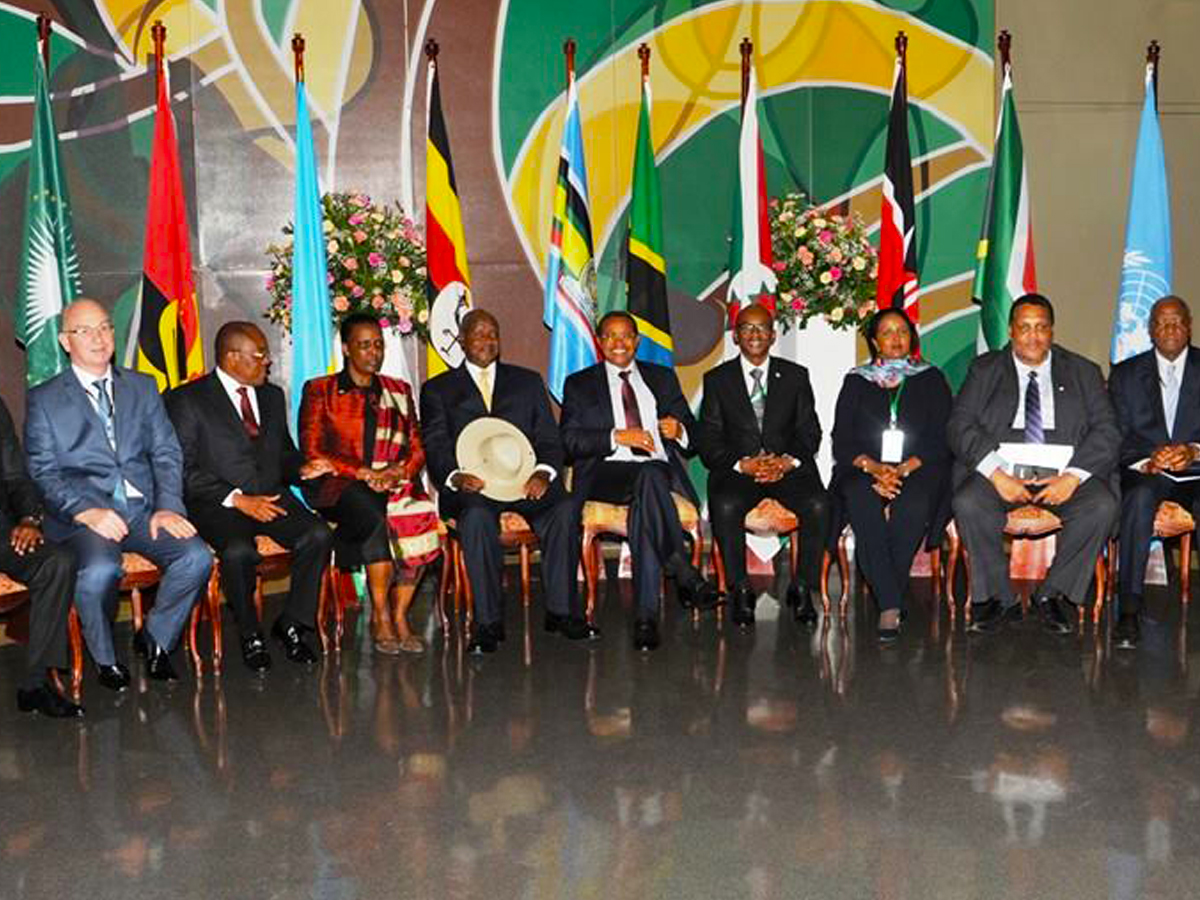East Africa offers a wide range of opportunities which cover a wide range of sectors to invest. When the five partner states of east African community (Kenya, Uganda, Rwanda, Tanzania and Burundi) came together as a community, they adopted an industrialisation policy and strategy in 2011 for the growth and development of six strategic regional industries in which the regions have potential cooperative advantage (chapter 12, articles 79 and 80).
The EAC signed framework agreements with USA and china with the aim of boosting commodity trade, exchange visits by business people and co-operation in investment among others. The six strategic regional industries include the following as agreed in 2011:
- Energy and bio-fuels
- Agro-processing
- Pharmaceuticals
- Iron-ore and other mineral processing
- Fertilisers and agrochemicals
- Petrochemicals and gas processing
In 2019, the Rand Merchant Bank (RMB) ranked the top ten countries where to invest in Africa 2020 were Kenya ranked fourth and Rwanda fifth position. By ranking Kenya and Rwanda in these positions boosts east Africa in the whole of Africa and outside Africa, enhancing the countries around them too like Uganda, Burundi and Tanzania. East Africa therefore makes a perfect investment area for anyone especially in 2020.
Opportunities abound in other sectors like:
- Education
- Banking
- Fisheries
- Health care
- Information and communication technology
- Oil and gas
- Tourism
- Housing and construction
- Water and sanitation services
- Horticulture
- Infrastructure
- Manufacturing
- Agriculture
- Energy
- Finance
Why Invest in East Africa?
There are a couple of reasons why you should invest in East Africa and here are ten good reasons for your investment into East Africa.
- The combined gross domestic product (GDP) size is about 147.5 billion where east Africa is the leading in Africa with an estimated GDP growth of 5.7%
- Market access is to more than 145.5 million people
- High level of intra- regional trade and cross border investments
- Stable political environment and high level of governance and democracy
- East Africa is the fastest reforming region in terms of business regulation, the IMF 2019 growth for east Africa was predicted at:
- Rwanda 7.8%
- Tanzania 6.6%
- Kenya 6.1%
- Uganda 6%
- The partner states have a duty free access to the US market under the African growth and opportunity act, as well as EU’s everything but arms initiative
- Simplified investment procedures and one stop centre facility provided by national investment promotion agencies
- Vibrant and upcoming capital and securities market
- Sanctity of private property guaranteed by national constitutions
- Insurance against non-commercial risk by multilateral investment guarantee agency and Africa trade insurance agency
Since the years of 1980s, the EAC countries under took a change in their economic policies aimed at reducing direct government intervention in the economy and stimulating the growth of the private sector which has been an engine for economic growth since. Such reforms in form of structural adjustment programmes have enabled the private sector to grow at a higher rate that the growth rate for some east African countries in among the top ten African countries with a high growth rate for the past ten years. All the EAC members engaged in the privatisation of major government corporations.
In Uganda, the public enterprise reform and divestiture stature was enacted in 1993 to effect the government policy launched in 1991. The privatisation and utility sector was established in 2001 as a follow up project for the enterprise development project II that was ended in 2000.
The government of Rwanda established a law on privatisation and public investment in 1996. Privatisation is one of the government’s key construction elements and economic reform.
In Kenya, the parastatal reform committee was established in 1991 to promote privatisation where they established a department responsible for those aspects of reform programme that are related to the parastatals which are to remain in the hands of state. The department of government investments and public enterprises (DGIPE) has been established with in the ministry of finance and is charged with specific powers and functions which are designed to render it.
Tanzania, decided to privatise its 400 enterprises through the adoption of the public corporations act of 1992 which created the presidential parastatal sector reform tasked to reorganise and vest of all assets and liabilities.
Burundi has adopted a new programme aimed at promoting a new era of prosperity and development where the inter- ministerial committee of privatisation and service in charge of public enterprises are reforming the public sector and therefore creating a better environment for private investments.












